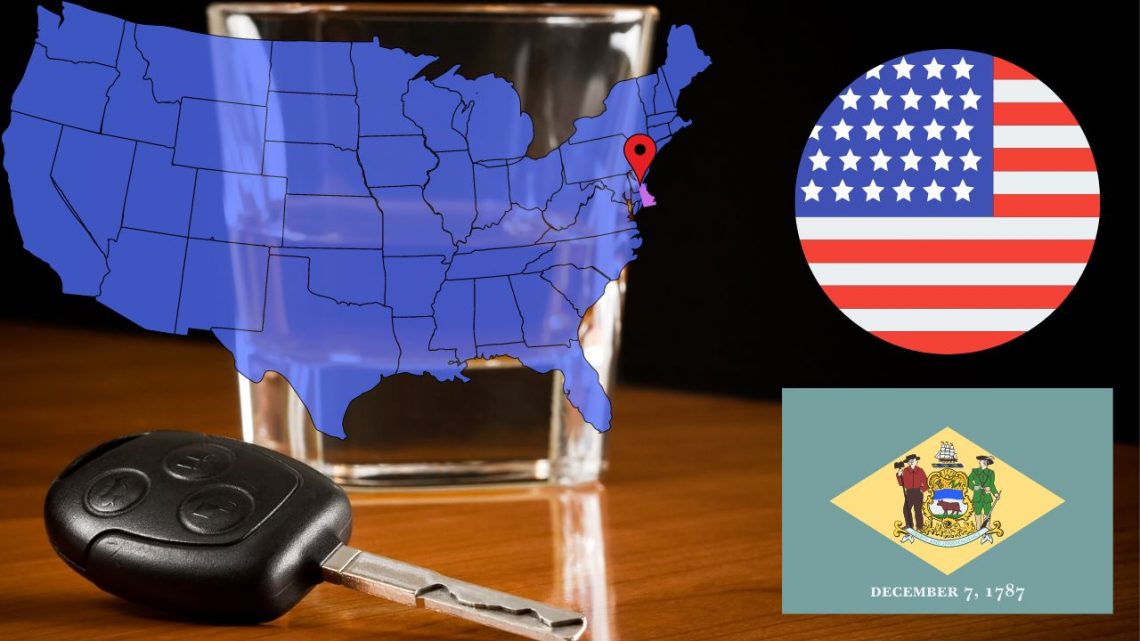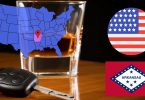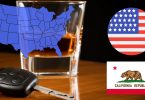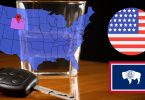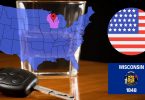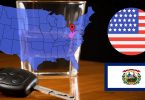In Delaware, the maximum permissible blood alcohol concentration stands at 0.08%, equating to 80 milligrams of alcohol in every 100 milliliters of blood.
What is the legal alcohol limit for driving in Delaware
In Delaware, the legal alcohol limits for driving vary depending on the type of driver’s license and age. Adherence to these limits is crucial for ensuring safety on the road. Here’s a breakdown of the legal alcohol limits for different categories of drivers:
- Regular Drivers: The legal blood alcohol concentration (BAC) limit is 0.08%. This applies to most drivers operating personal vehicles.
- Commercial License Holders: For those holding a commercial driver’s license (CDL), the legal limit is lower, set at 0.04%. This reflects the higher standards expected of professional drivers.
- Minors (Under 21): Delaware enforces a zero-tolerance policy for underage drivers. It is illegal for minors to operate a vehicle with any detectable amount of alcohol in their system.
Drink and Drive Penalties and Punishments in Delaware
In Delaware, the consequences of Driving Under the Influence (DUI) are taken seriously and encompass a range of penalties. Understanding these penalties is crucial for all drivers in the state. It’s important to note that laws and penalties can change, so regularly checking the official state website for the most current information is advisable. Here’s an overview of DUI penalties and procedures in Delaware:
DUI Arrest Criteria in Delaware:
- Arrested for DUI if driving or in control of a vehicle while under the influence of alcohol or drugs.
- A chemical test showing a Blood Alcohol Concentration (BAC) of 0.08% or greater, or any presence of drugs, can lead to a DUI conviction.
- Arrest is possible with a BAC greater than 0.05%.
DUI Administrative and Court Proceedings:
- DUI cases involve both administrative and court proceedings.
- Juveniles face loss of driving privileges until legal drinking age.
Implied Consent Law:
- Under this law, drivers suspected of DUI agree to a chemical test.
- Refusing the test leads to license loss for 1 year (1st offense), 18 months (2nd offense), and 24 months (3rd or subsequent offense), besides DUI penalties.
DUI Administrative Procedures:
- Police confiscate the driver’s license at the time of arrest, issuing a temporary 15-day license.
- A DMV administrative hearing must be requested within 15 days of arrest to avoid a minimum 3-month driving privilege suspension.
- DUI sentences remain on driving records for a minimum of 5 years.
Administrative Hearing Process:
- The hearing determines probable cause, preponderance of evidence, and chemical test refusal.
- License revocation durations: 3 months (1st offense), 12 months (2nd offense), 18 months (3rd or subsequent offense).
- Penalties for refusing a chemical test: 12 months (1st offense), 18 months (2nd offense), 24 months (3rd or subsequent offense).
DUI Court Procedures:
- Options include applying for a First Offense Election program, waiving the right to a speedy trial.
- Certain criteria disqualify from the First Offense Election program, such as previous DUI, causing injury, high BAC, etc.
- IID Diversion option allows driving authority after a minimum 1-month license loss, subject to specific criteria.
Evaluation Process:
- All DUI arrestees must undergo an evaluation with DSARP, costing $150.00 with a $50.00 missed appointment fee.
- Evaluation includes written and verbal tests, surveys, and interviews.
Education and Treatment Programs:
- Includes education classes, outpatient treatments, and alternative programs for those with mental health issues.
License Reinstatement Process:
- Involves completing an education/treatment program, paying fees, and possibly undergoing a re-examination.
Ignition Interlock Program (IID):
- Mandatory for all DUI offenders from February 2, 2015.
- Costs include $70.00 for installation and $75.00 monthly rental.
- Eligibility criteria apply, and the program is paid for by the offender.
For the most current information and updates on DUI laws and penalties in Delaware, it’s recommended to frequently visit the official state website.
How can I calculate if my alcohol blood limit is legal in Delaware
When discussing the determination of Blood Alcohol Concentration (BAC) levels in Delaware, it’s important to first understand how law enforcement assesses these levels. Police typically use breathalyzers during traffic stops to measure a driver’s BAC. If a driver’s BAC is found to be at or above the legal limit of 0.08%, they can be charged with DUI (Driving Under the Influence).
As a former phlebotomist with extensive experience, I can suggest two methods for estimating your BAC:
- Using a High-Quality Alcohol Breathalyzer:
- One of the most reliable breathalyzers is the BACtrack S80, which is known for its professional-grade accuracy. It is DOT & NHTSA Approved and FDA 510(k) Cleared.
- I recommend keeping a BACtrack S80 in your car, especially in Delaware, where drivers might not always accurately judge their BAC levels. This device can be a crucial tool in preventing impaired driving.
- My BAC Calculator:
- Along with other phlebotomists and web developers, I have developed a BAC calculator. This online tool can help estimate your BAC based on various factors like the amount of alcohol consumed, your weight, and the time elapsed since drinking.
- You can access this calculator online, offering a convenient way to estimate your BAC.
It’s crucial to remember that while both these methods can provide an estimate of your BAC, they are not 100% accurate. Factors such as individual metabolism, food intake, and specific health conditions can affect BAC levels. Therefore, these tools should be used as guides to help you make informed decisions about driving. If there’s any doubt about your sobriety, it’s always safer to avoid driving.
Ways to avoid driving with a high BAC in Delaware

In Delaware, ensuring that you don’t drive with a high Blood Alcohol Concentration (BAC) is not only a matter of personal safety but also a legal necessity. To avoid the risks associated with impaired driving, here are some practical suggestions:
- Utilize Taxi and Ride-Sharing Services:
- Consider using popular ride-sharing apps like Uber or Lyft. These services are widely available and can be conveniently accessed through their respective mobile apps.
- For local taxi services, you have options like Taxi Transportation DE & PA in Wilmington, or Ketch A Ride LLC in Dover. These local companies offer reliable transportation and can be easily contacted for a safe ride home.
- Hire a Designated Driver Service:
- If you have driven to a location and then find yourself in a situation where your BAC might be high, consider using a designated driver service. These services provide a driver to take you and your car back home safely.
- In Wilmington, BLACK CAR SERVICE is an option, and in Dover, Ketch A Ride LLC offers such services. These companies can be found with a simple online search for “designated driver service” in your city.
By choosing these alternatives, you not only ensure your safety and adherence to the law but also contribute to safer roads in Delaware. Remember, planning ahead is key. If you anticipate drinking, arrange your ride home in advance to avoid making impaired decisions later.
Sticking to Impaired Driving Laws in Delaware: Sad Statistics
In Delaware, DUI (Driving Under the Influence) is a serious offense with significant consequences, as highlighted by the 260 DUI-related crashes reported in 2021. To prevent such incidents, it’s crucial to be aware of the state’s legal BAC (Blood Alcohol Content) limit.
Before driving, consider your alcohol consumption. If in doubt, use a reliable alcohol breathalyzer to ensure your BAC is within legal limits. Alternatively, opt for safer travel options like taxis, Uber, or a designated driver.
Staying informed about Delaware’s DUI laws is vital. Visit the state’s official website to keep up-to-date with the latest regulations. Remember, the safest approach is always to avoid driving after drinking, as alcohol affects everyone differently and even a small amount can impair your driving ability.

